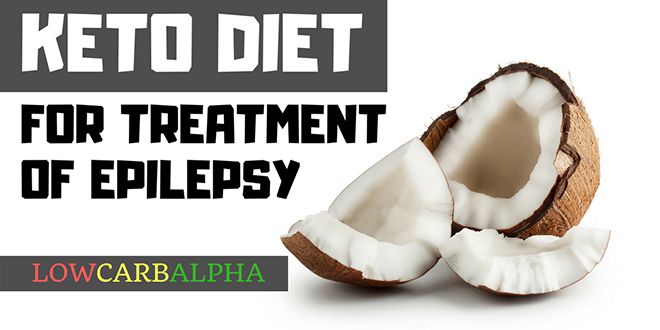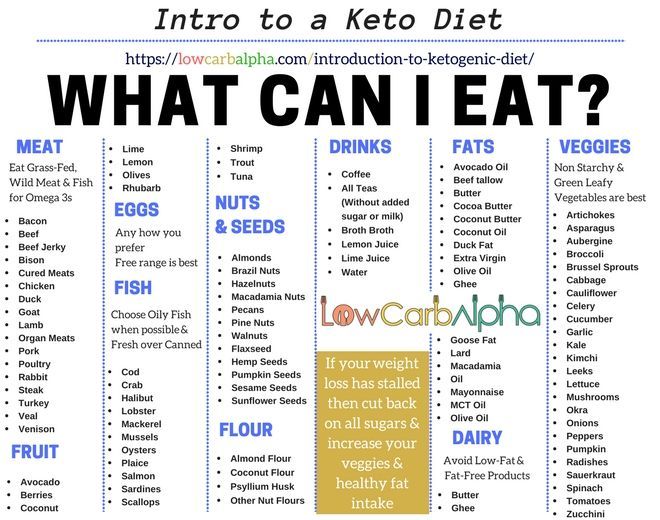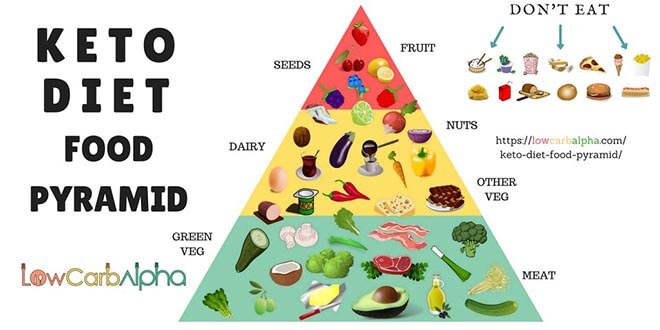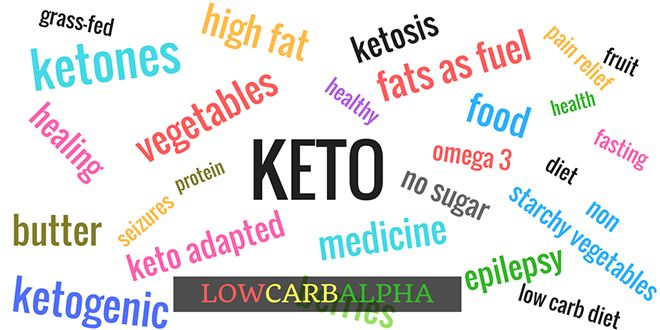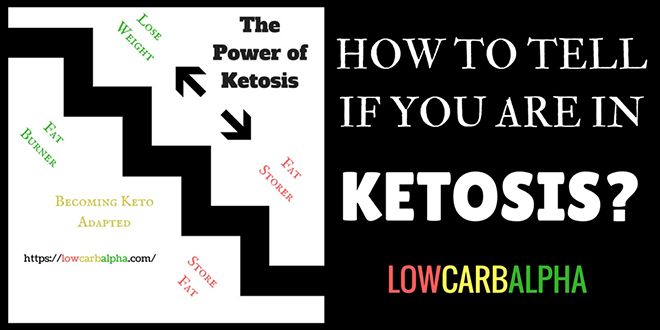For many years, a specific version of a ketogenic diet has been proven effective for treating epilepsy and helping those suffering from this disease.
Children who have epilepsy and suffer from seizures not controlled with anti-epileptic drugs can apply a therapeutic ketogenic diet as a possible treatment.(1)
A diet plan high in healthy fats such as MCT and coconut oil could aid to reduce amount and severity of seizures.
Even though the mechanisms are not understood completely, the science behind ketogenesis works in altering the brain’s metabolism in a certain way that possibly reduces the risk of having seizures.
We will discuss the benefits of a therapeutic ketogenic diet for epilepsy and seizures.
What is the Ketogenic Diet?
A keto diet is a high fat, low carb diet with a moderate intake of protein. Since the early 20th century it has supported epilepsy treatment.
Aside from the beneficial impact of epilepsy and seizure treatment keto has other numerous advantages.
High-fat dieting is also useful for controlling appetite, controlling and regulating insulin and blood sugar levels and assisting with weight loss.(2)(3)(4)
Children who have epilepsy that is difficult to manage despite therapy with antiepileptic drugs can benefit from eating a ketogenic diet meal plan.
Even though it’s proven benefits for younger children, more research is required for the impact and effects for adults.
If new to ketogenic eating you may feel sluggish for a few days starting the diet. Known as keto-flu, it will pass naturally over time as the body adjusts to using ketones.
Some other side effects that can potentially occur in a low carb lifestyle are:
- Kidney Stones
- Diarrhea
- Constipation
- Muscle Cramping
- Dizziness
- Drowsiness
- Sleep Problems
The most important thing you can do is maintain hydration and electrolyte balance. You can easily fulfill this by drinking enough water to replace lost fluids and slightly increase salt intake.
As well as sodium, other essential minerals come into play also such as magnesium and potassium. Including foods rich in these minerals will be helpful for a diet plan for epilepsy.
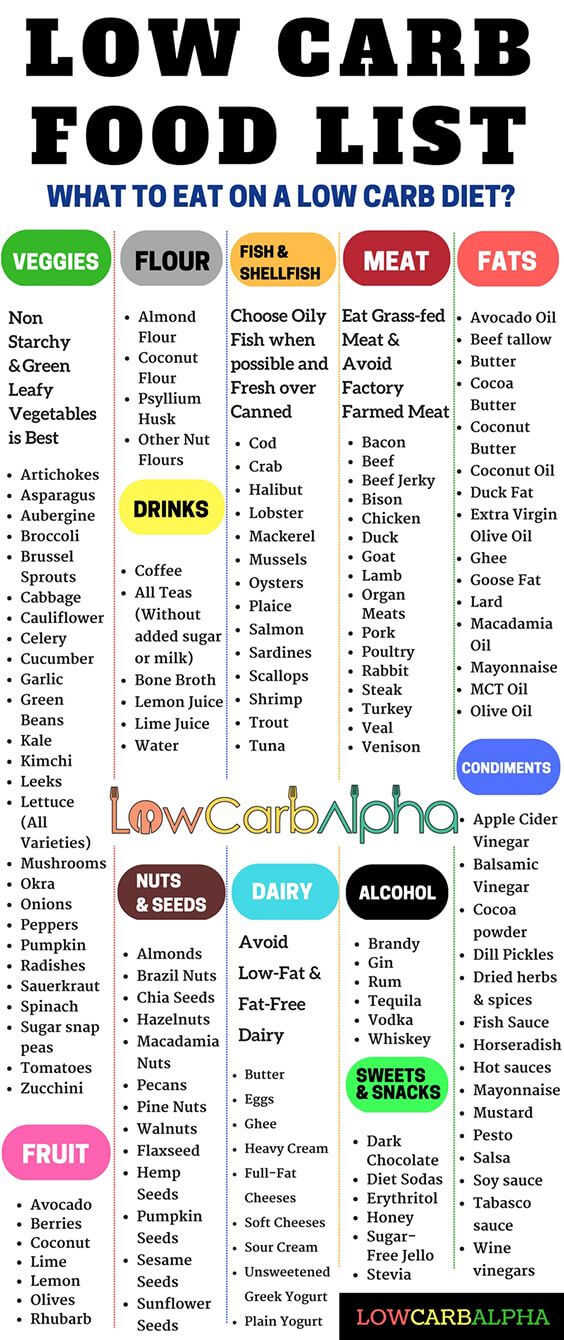
Classical Ketogenic Diet
A typical keto diet consists of macronutrients of roughly 75% fat, 20% protein, and 5% carbs. Most people follow this setup to experience the many benefits of ketosis.
A therapeutic version of the ketogenic diet consists of higher fat intake of 90% fat with an absolute minimal amount of carbs and protein. There are under 2% carbs in this “hyper ketogenic” variation.
A classical keto diet is a stringent form to follow with macronutrient ratios of 4:1 applied.
It basically means if you eat 100g of food, 80g comes from fat and the remaining 20g mixed from protein and carbs.
It is an extremely strict but suitable diet for people with serious forms of epilepsy needing fast change.
The main issue is foods must be weighed and measured exactly to guarantee the efficiency of a ketogenic diet meal plan for epilepsy.

Depending on the severity of illness ratios of the diet may be modified to suit the individual.
Studies are researching high-fat consumption for treatment and prevention of illnesses such as Epilepsy, Alzheimer’s, Parkinson’s disease, Dementia, and other Neurodegenerative Diseases.(5)
Anti-seizure effects still happen when a less strict kind of the ketogenic epilepsy diet is followed, which only means that the diet is very easy to follow.
Treatment with a classical keto diet typically begins in a hospital setting as a patient and is obligated to stay a set time.
If you are aiming to replicate a therapeutical ketosis diet then including oils in your meal plan is a must.
Oils such as Medium-chain triglycerides (MCTs) process differently in the body as they absorb and oxidize faster than most fats.
It is also useful for management of gastrointestinal disorders, used to reduce fat malabsorption and assist in optimizing nutritional status.(6)

Benefits of A Ketogenic Diet for Epilepsy
This kind of treatment for epilepsy became unfavorable as years passed by because of the difficulty in maintaining the diet program.
At the same time, there were certain concerns regarding cholesterol levels due to high fat intake.
According to a trial conducted in 2008 in the UK, it was confirmed that a ketogenic diet for epilepsy could significantly reduce the occurrence of seizures. As such, it sparked interest in its use all over again.(7)
The issues and concerns regarding cholesterol levels proved to be baseless. Because of that, the problem evaporated.
According to studies from experts, the standard keto diet which involves ketogenesis should not be necessarily strict.(8)
Because of this, kids who have problems with epilepsy no longer have to go through a fast, which means that no hospitalization is required.
A good ketogenic diet meal plan for epilepsy, together with the availability of substitutes under the low-carbohydrate category limits this goal.
As a result, it makes life easier and better for people who are suffering from epilepsy. As well as those are supporting and preparing the food regularly.

The Bottom Line
Epilepsy is a condition that is considered as extremely debilitating.
It can even negatively impact the quality of life. Even though medications can be used, the implementation of a ketogenic diet plan for epilepsy plays a vital role in this regard.
The issue of epilepsy happens as it has something to do with how our nervous system utilizes the energy within our body.
As such, it uses a huge amount of energy for our nerves and brains to properly function.
In epilepsy, something happens that further reduces the energy that is produced by our brain cells.

Poor nutrition, stress, toxic chemicals, lack of exercise, heavy metals, as well as other reasons do not help.
Medications used to control epileptic seizures may help.
Since nutrition plays a huge role as well, the use of epilepsy diet menu can help a lot in supporting the person suffering from seizures.
A ketogenic diet meal plan is more efficient than many new anticonvulsant medications and when practical, is well endured by children and families alike.(9)
Nonetheless, the ketogenic diet is very specific and requires the guidance and supervision of qualified medical professionals.

